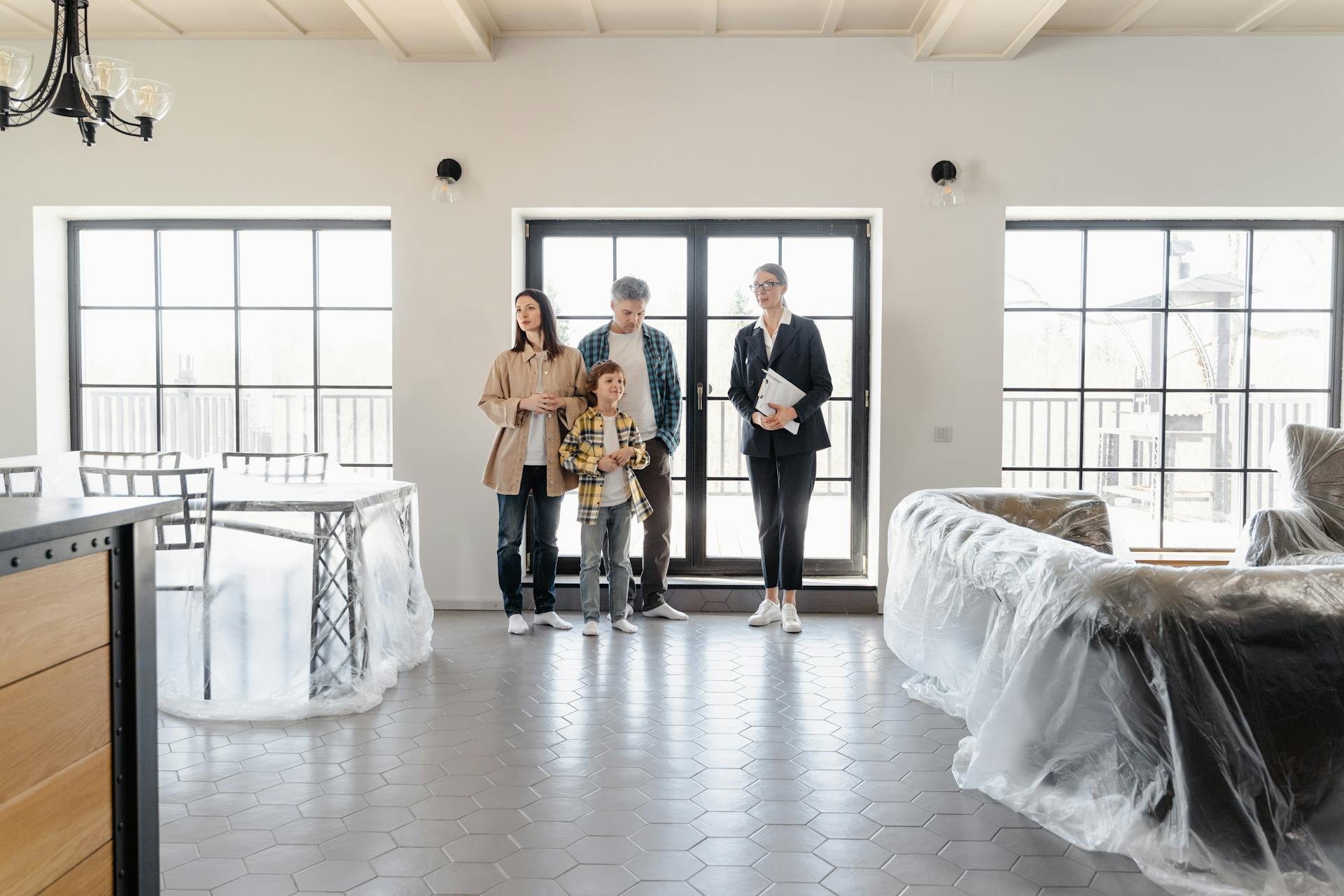

Question: Who Owns the Items Left Behind in a House After Closing in Ontario?
Answer: Who owns the items left behind in a house after closing in Ontario are the buyer(s) unless explicitly excluded in the Agreement of Purchase and Sale.
Abandoned Items After Closing: Ownership and Responsibility
Moving can be a stressful endeavour, and sometimes, in the flurry of packing and finalizing a sale, items get left behind. This raises an important question: who owns the items left behind in a house after closing? The answer, unfortunately, isn’t always straightforward.
The Principle of Vacant Possession
Central to understanding ownership of abandoned items is the principle of “vacant possession.” This legal principle dictates that the seller must deliver the property to the buyer empty of all occupants and belongings, except for fixtures specifically excluded in the Agreement of Purchase and Sale. This agreement forms the bedrock of the transaction and outlines what stays and what goes.
Please visit this page to read more about Orangeville realtors
Related Article: What is the Registry of Abandoned Properties in Ontario?
Related Article: What is the Escheatment Law in Ontario?
Addressing Abandoned Items: Practical Steps
If a seller leaves items behind after closing, the buyer has several options. The best approach depends on the specific circumstances and the relationship between the parties. Amicable communication is often the most effective first step.
Contact the Seller:
Attempting to reach the seller directly is often the simplest solution. They may arrange to pick up the items, or authorize the buyer to dispose of them.Formal Notice:
If direct contact fails, a formal written notice requesting removal of the items within a reasonable timeframe can prove beneficial. This establishes a documented record of the issue.Disposal:
After providing reasonable notice and opportunity for retrieval, the buyer may dispose of the abandoned items. It’s advisable to document the disposal process, including photographs or video evidence.
Legal Recourse and Considerations
While disposing of abandoned items might seem straightforward, legal considerations exist. Unlawfully discarding another person’s property could lead to legal complications. If significant items are left behind, seeking legal advice is prudent. A lawyer can advise on the proper procedure and help ensure the buyer acts within their legal rights.
Small Claims Court:
For disputes involving items of lesser value, small claims court might be a viable option. This avenue allows individuals to resolve disputes relatively quickly and inexpensively.Storage Costs:
If the buyer needs to store the abandoned items, they may be able to recover storage costs from the seller.
Prevention Through Clear Communication
Preventing disputes over abandoned items begins with clear communication and a well-drafted Agreement of Purchase and Sale. Specifically listing included and excluded items eliminates ambiguity and reduces the likelihood of misunderstandings.
Detailed Inventory:
Including a detailed inventory of chattels and fixtures within the Agreement of Purchase and Sale can minimize confusion.Walk-Through:
Conducting a final walk-through before closing allows both parties to confirm the property’s condition and ensure all agreed-upon items have been removed or remain as stipulated.
Conclusion
The issue of abandoned items after closing requires understanding the principles of vacant possession, the distinction between chattels and fixtures, and the importance of clear communication. While amicable resolution is always the preferred approach, legal avenues exist for more complex situations. By addressing these matters proactively and with due diligence, buyers and sellers can ensure a smoother, less stressful closing process.
Disclaimer: This blog post is for informational purposes only and does not constitute legal advice. It’s essential to consult with a legal professional for specific guidance regarding property abandonment situations. [ 1 ]
References
1. https://www.realhomeexperts.ca/blog/2022/5/9/heres-how-to-deal-with-things-sellers-leave-behind-in-your-new-home/


